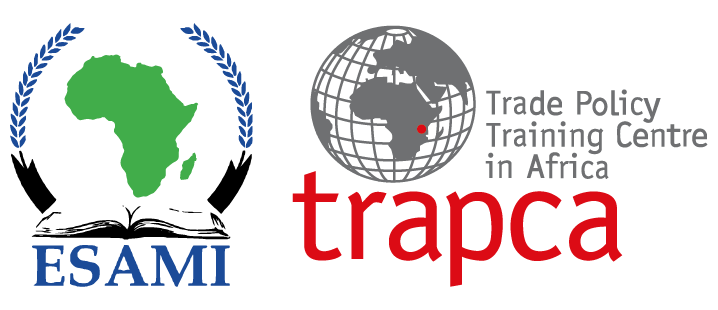Statement of need
African Businesses mainly focus on the national markets despite the huge market potential presented by the Regional Economic Communities that their countries are party to. Therefore, the rationale for this module is to facilitate the businesses, policymakers and implementers to adopt export strategies to take advantage of the enhanced export potential presented by the AfCFTA and other trade agreements. It is therefore critical to be equipped with the requisite skills to undertake market analysis and have a good grasp of the international/African business environment in terms of regulatory frameworks, logistics, market information and payment methods to create local support mechanisms for exploiting the export potential. Ordinarily, the adoption of an export strategy is not an end in itself. Therefore, further to the adoption of a robust export strategy, there is also a need to be equipped with skills that are important for managing export transactions as well as the resources that they generate. Standards and compliance with standards are the main constraints to successful product entry into an export market and sustainability in the market. This is especially critical for SMEs and the agricultural sector. The course also looks at how producers can mainstream product standards in their production process.
The export of products is dependent on the effective utilisation of export documentation as well as the flexibility mechanisms provided by trade facilitation regulations. Consequently, to facilitate seamless export transactions, this module will also give requisite knowledge and skills relevant to the facilitation of their exports. However, most SMEs embark on export and trade ventures that do not take into account the possible opportunities presented by such export priority policies. The course will be designed to expose the participants to the opportunities ushered by E-commerce and how to tap these opportunities.
Expected training outcomes:
Content
Target group
Officials from Trade and Trade Related Ministries and parastatals, officials from Regional Economic Communities, Negotiators, and Regional Integration Practitioners. Private sector player in transport and logistics
Duration
2 Weeks
Venues
a) Venue 1: Arusha, Tanzania
Date: 13 – 24 May 2024
b) Venue 2: Mombasa, Kenya
Date: 4 – 15 Nov 2024
Course Fees
$1,600
